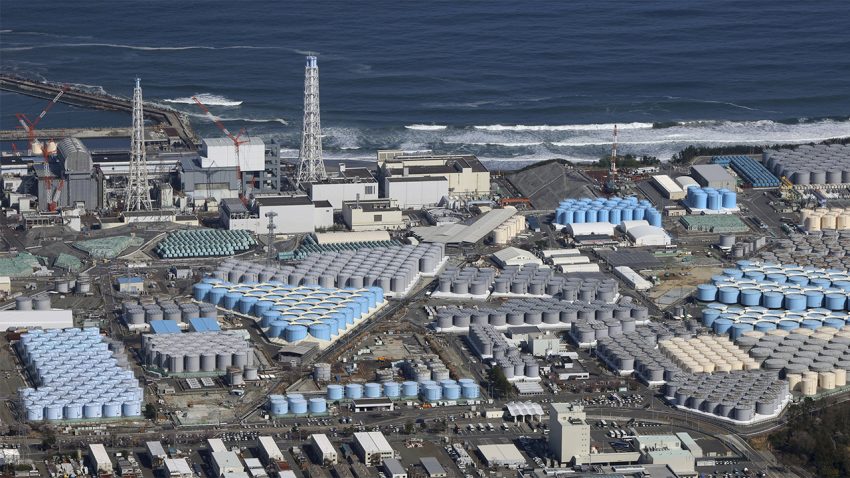The Senate of the Republic of Palau has passed a joint resolution expressing disapproval of Japan’s decision to release over a million tons of contaminated water from the Fukushima Daiichi nuclear power plant into the Pacific Ocean.
The resolution also encourages Japan to reconsider the plan or, if it cannot be reconsidered, to take remedial actions to mitigate the potential harm to Palau and other Pacific Island nations.
The resolution came out after Japan conducted three discharges, with the third completed on November 21, 2023. Furthermore, the resolution came out after President Surangel Whipps Jr. had already expressed Palau’s support of Japan’s decision to release the treated nuclear water from the Fukushima Power Plant into the ocean after his visit to Japan in June.
He said that he was assured by the level of attention and compliance that the Government of Japan had with local and international standards. He said that he supported Japan because decisions were made based on science and data.
Senate President Hokkons Baules said that the resolution is late, but it is still relevant. He added that President Whipps’s decision was his own personal decision and did not reflect the nation’s sentiment and that the resolution expressed the sentiment of the representatives of the people.
The joint resolution highlights the Republic of Palau’s long-standing nuclear-free stance, noting that the Constitution of Palau prohibits the use, testing, storage, or disposal of nuclear waste within the country’s territorial jurisdiction. It also emphasises the potential impact of the radiation release on Palau’s citizens, who rely heavily on the Pacific Ocean for food and tourism.
The resolution expresses concern about the health risks of tritium exposure, noting that the health effects of tritium are not fully understood and that some experts believe that it may cause cancer. It also raises concerns about the possibility that other radionuclides, such as cesium-137 and strontium-90, may be released into the ocean.
“The plan of the Japanese Nuclear Regulatory Authority to dump tritiated water into the Pacific Ocean will expose the Pacific Ocean, and thus the Republic of Palau” to health risks, states the resolution.
In addition to expressing disapproval of the plan, the resolution calls on Japan to reconsider the release of the treated nuclear water into the Pacific Ocean. If Japan is unable to delay or prevent the release, the resolution encourages Japan to take remedial actions, such as providing oncological treatment or support to residents of the Republic of Palau who develop cancers that have any possibility of being caused by radiation release from Japan. The Senate Joint Resolution 11-43 has been transmitted to the House of Delegates for their response.
